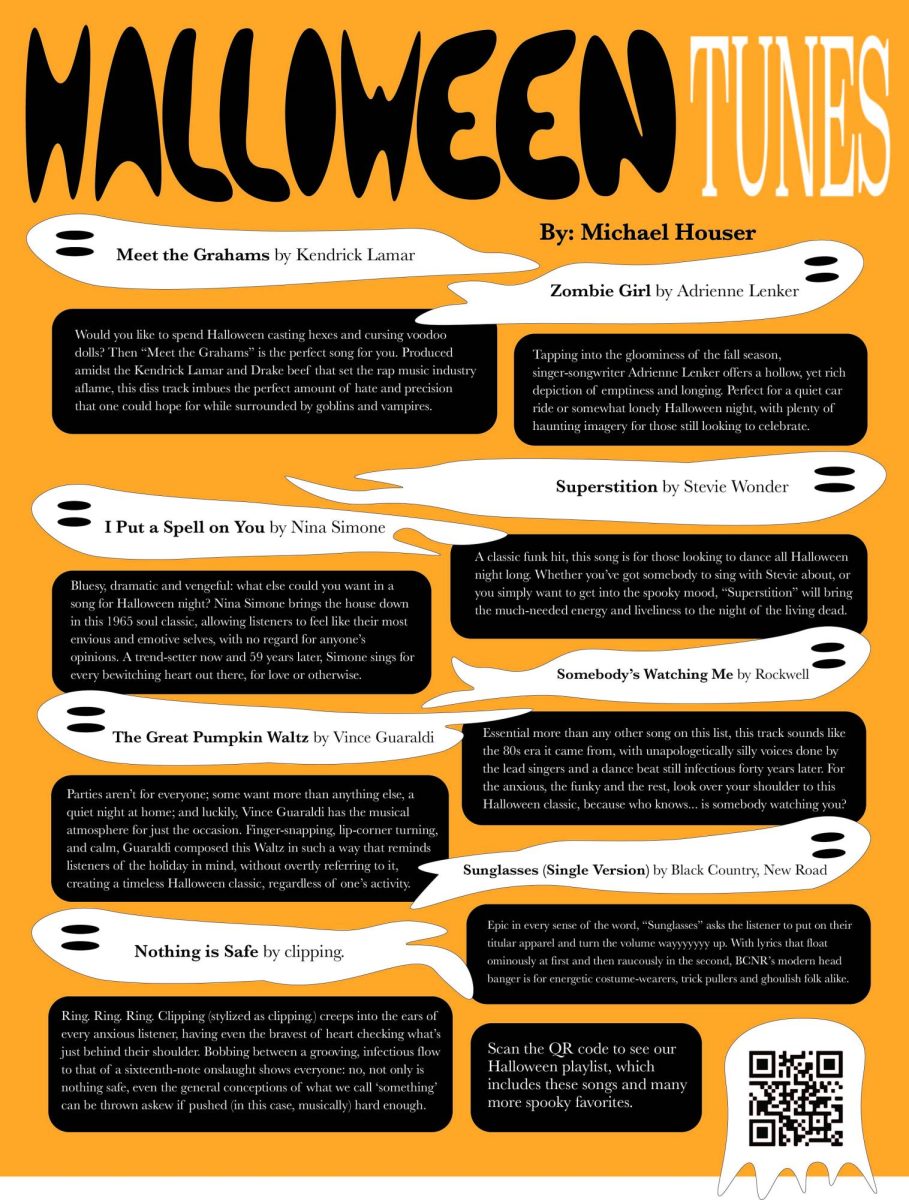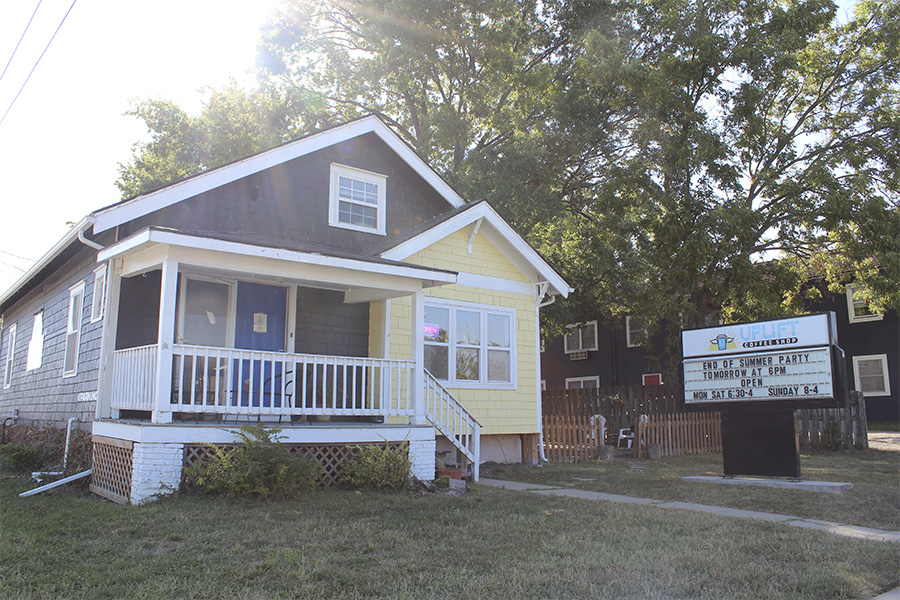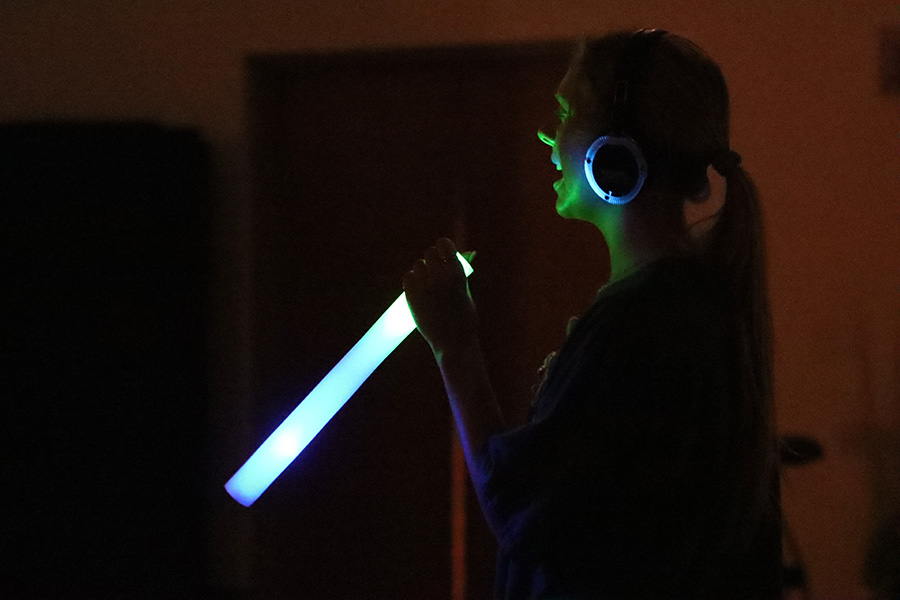02/22/08
Most professors don’t allow text messaging in class.
But what if it could save their lives?
As soon as the end of this semester, students, faculty and staff members could find themselves signing up for emergency text messaging.
“We will provide a means for which students could choose to opt in,” Vice President of Information Technology Simon Maxwell said. “They would have to provide their cell number and carrier.”
The service would be available through My Baker, which already has the feature built into the system.
“I started getting phone calls from vendors trying to sell systems to us,” Maxwell said about the feature. “But My Baker already has it.”
Students would not be the only individuals who would receive the texts.
“I have a feeling we are going to have to build a function for faculty and staff,” he said. “We’re going to be exploring many options.”
Baker is not the first university to provide emergency text messaging to its students; other colleges in the area already use the function to help promote safety on campus.
“There has been a great deal of discussion about it since the Virginia Tech incident, and a lot of schools have asked themselves what they have implemented to communicate to students,” Maxwell said. “It’s just one of a series of tools that all schools have to use.”
Because the threat of emergencies is ever-present on college campuses, Vice President for Marketing Annette Galluzzi said text messaging would help create a more prepared community.
“I think any time you add a vehicle for communicating, it is better for the security of the campus,” she said. “We can communicate by e-mail and many other different ways, but having the ability to notify someone on their phone, which they carry with them all the time, is very important.”
But freshman Tonia Karpowicz said she has some reservations about the text messaging.
“I don’t want them to waste text messages,” she said. “If it was only for emergencies then yeah, it could be a good thing.”
Maxwell said the decision of what circumstances are worthy of sending a text message is something the university will have to determine.
“My recommendation will be that we only use it under serious and significant instances that prove threatening,” he said.
Under these circumstances, non-traditional student Debbie Chou said she could see the benefits of emergency text messaging.
“Baker’s a small school, and I think that word travels fast here,” she said. “But we need to keep the community safe.”






